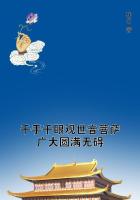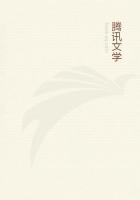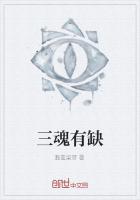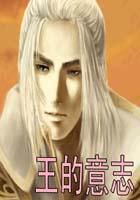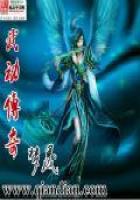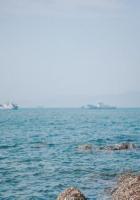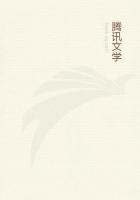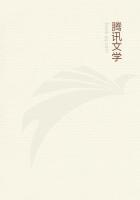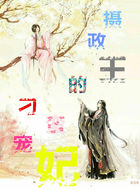"The perusal of Sir John Herschel's 'Outlines of Astronomy,' and of his 'Treatise on the Telescope,' set my mind on fire. Iconceived the idea of making a telescope of my own, for I could not buy one. While reading the Mechanics' Magazine I observed the accounts of men who made telescopes. Why should not I do the same? Of course it was a matter of great difficulty to one who knew comparatively little of the use of tools. But I had a willing mind and willing hands. So I set to work. I think Imade my first telescope about twenty years ago. It was thirty-six inches long, and the tube was made of pasteboard. Igot the glasses from Liverpool for 4s. 6d. Captain Owens, of the ship Talacra, bought them. He also bought for me, at a bookstall, the Greek Lexicon and the Greek New Testament, for which he paid 7s. 6d. With my new telescope I could see Jupiter's four satellites, the craters on the moon, and some of the double stars. It was a wonderful pleasure to me.
"But I was not satisfied with the instrument. I wanted a bigger and a more perfect one. I sold it and got new glasses from Solomon of London, who was always ready to trust me. I think it was about the year 1868 that I began to make a reflecting telescope. I got a rough disc of glass, from St. Helens, of ten inches diameter. It took me from nine to ten days to grind and polish it ready for parabolising and silvering. I did this by hand labour with the aid of emery, but without a lathe. Ifinally used rouge instead of emery in grinding down the glass, until I could see my face in the mirror quite plain. I then sent the 8 3/16 inch disc to Mr. George Calver, of Chelmsford, to turn my spherical curve to a parabolic curve, and to silver the mirror, for which I paid him 5L. I mounted this in my timber tube; the focus was ten feet. When everything was complete Itried my instrument on the sky, and found it to have good defining power. The diameter of the other glass I have made is a little under six inches.
"You ask me if their performance satisfies me? Well; I have compared my six-inch reflector with a 4 1/4 inch refractor, through my window, with a power of 100 and 140. I can't say which was the best. But if out on a clear night I think my reflector would take more power than the refractor. However that may be, I saw the snowcap on the planet Mars quite plain; and it is satisfactory to me so far. With respect to the 8 3/16 inch glass, I am not quite satisfied with it yet; but I am making improvements, and I believe it will reward my labour in the end."Besides these instruments John Jones has an equatorial which is mounted on a tripod stand, made by himself. It contains the right ascension, declination, and azimuth index, all neatly carved upon slate. In his spectroscope he makes his prisms out of the skylights used in vessels. These he grinds down to suit his purpose. I have not been able to go into the complete detail of the manner in which he effects the grinding of his glasses.
It is perhaps too technical to be illustrated in words, which are full of focuses, parabolas, and convexities. But enough may be gathered from the above account to give an idea of the wonderful tenacity of this aged student, who counts his slates into the ships by day, and devotes his evenings to the perfecting of his astronomical instruments. But not only is he an astronomer and a philologist; he is also a bard, and his poetry is much admired in the district. He writes in Welsh, not in English, and signs himself "Ioan, of Bryngwyn Bach," the place where he was born.
Indeed, he is still at a loss for words when he speaks in English. He usually interlards his conversation with passages in Welsh, which is his mother-tongue. A friend has, however, done me the favour to translate two of John Jones's poems into English. The first is 'The Telescope':--"To Heaven it points, where rules the Sun In golden gall'ries bright;And the pale Moon in silver rays Makes dalliance in the night.
"It sweeps with eagle glances The sky, its myriad throng, That myriad throng to marshal And bring to us their song.
"Orb upon orb it follows As oft they intertwine, And worlds in vast processions As if in battle line.
"It loves all things created, To follow and to trace;And never fears to penetrate The dark abyss of space."The next is to 'The Comet':-
"A maiden fair, with light of stars bedecked, Starts out of space at Jove's command;With visage wild, and long dishevelled hair, Speeds she along her starry course;The hosts of heaven regards she not,--
Fain would she scorn them all except her father Sol, Whose mighty influence her headlong course doth all control."The following translation may also be given: it shows that the bard is not without a spice of wit. A fellow-workman teased him to write some lines; when John Jones, in a seemingly innocent manner, put some questions, and ascertained that he had once been a tailor. Accordingly this epigram was written, and appeared in the local paper the week after: "To a quondam Tailor, now a Slate-teller":--"To thread and needle now good-bye, With slates I aim at riches;The scissors will I ne'er more ply, Nor make, but order, breeches."[12]
The bi-lingual speech is the great educational difficulty of Wales. To get an entrance into literature and science requires a knowledge of English; or, if not of English, then of French or German. But the Welsh language stands in the way. Few literary or scientific works are translated into Welsh. Hence the great educational difficulty continues, and is maintained from year to year by patriotism and Eisteddfods.

